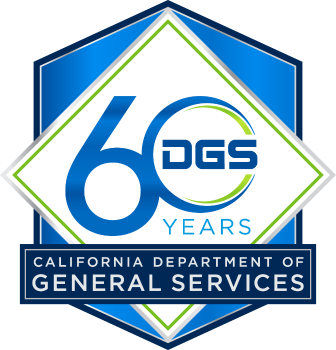AIRLINES - 4117-1
A. Use of Contracted Air Carriers
State employees must use the state’s contracted air carrier(s) unless seats or flights are not available in an approved fare class (economy class) to accomplish the purpose of the travel.
State employees must justify the use of any off-contract airfare by selecting a reason code in the online booking tool (internet-based reservation system) or by selecting one of the appropriate reason codes during a telephonic reservation request.
Information on the state’s contracted air carriers, along with other air travel resources, can be found on the Department of General Services (DGS), Statewide Travel Program (STP) website (https://www.dgs.ca.gov/OFAM/Travel/Resources/Page-Content/Resources-List-Folder/State-Travel-Airfare-Resources).
B. Non-Refundable Airfare Requirements
Effective August 1, 2021, where available, state employees shall book air fares that are non-refundable.
State employees must justify the use of any fully refundable airfare by selecting a reason code in the online booking tool or by selecting one of the appropriate reason codes during a telephonic reservation request.
C. Advance Airfare Booking Requirements
Effective August 1, 2021, where feasible, state employees shall reserve their domestic airfare(s) at least seven days prior to their anticipated travel date(s) and shall reserve their international airfare(s) at least 30 days prior to their anticipated travel date(s).
State employees must justify the use of any airfare that is reserved within seven days of the travel dates by selecting a reason code in the online booking tool or by selecting one of the appropriate reason codes during a telephonic reservation.
D. International Airfare
State employees shall choose the most economical airfare that meets their business needs when traveling internationally.
Due to the complex nature of international travel, state employees are encouraged to make their reservations via telephonic reservation with the state’s contracted travel management services vendor, in lieu of self-booking airfare through the state’s online booking tool. This will help to ensure that the state employees are presented with the most economical options (airfare, hotel, car, etc.) that meets the employees’ business needs.
E. Compliance Reporting
DGS will monitor each state agency’s use of airfares to ensure that the agency, and its employees, comply with the airfare purchasing requirements outlined in Subsections A, B, and C (Use of Contracted Air Carriers, Non-refundable Airfare Requirements, and Advance Airfare Booking Requirements). DGS will provided each state agency’s Deputy Director of Administration (or equivalent) with semi-annual exception reports that will identify airfares reserved and associated excess air fare costs incurred (along with the corresponding reason code justifications) as a result of airfare bookings that do not conform to the travel policies outlined in Subsections A through C.
Where a state agency has failed to substantially adhere to the travel policies outlined in Subsections B and C over a six-month reporting period (either for using high levels of fully refundable airfares or for making reservations that do not adhere to the advance booking requirements), the agency will be notified by DGS’ STP Manager of their non-compliance.
Beginning February 1, 2022, non-compliant agencies will be required to submit a corrective action plan to DGS within 60 days of the notice, detailing how they plan to become compliant with the policies outlined in this section.
F. Unused Ticket Credits
Effective immediately, state employees must use any accrued unused ticket credits for their next business flight. State agency Travel Coordinators shall work with their respective travelers to ensure any applicable credits are used for a traveler’s next business trip.
Prior to an employee’s separation or transfer from their employing agency, managers, Travel Coordinators or their delegates must complete the following:
- Request an unused ticket report from DGS STP to ensure there are no outstanding credits in an employee’s account that are the property of the state.
- Recoup the unused ticket credits with assistance from the issuing airline.
- Offer employees that will be separating from state service or transferring to another state agency the option to purchase any outstanding credits at the discretion of the employee’s agency. Employees opting to purchase unused ticket credits will save the employee’s state agency the cost of using the services of the issuing airline and paying the associated fees.

